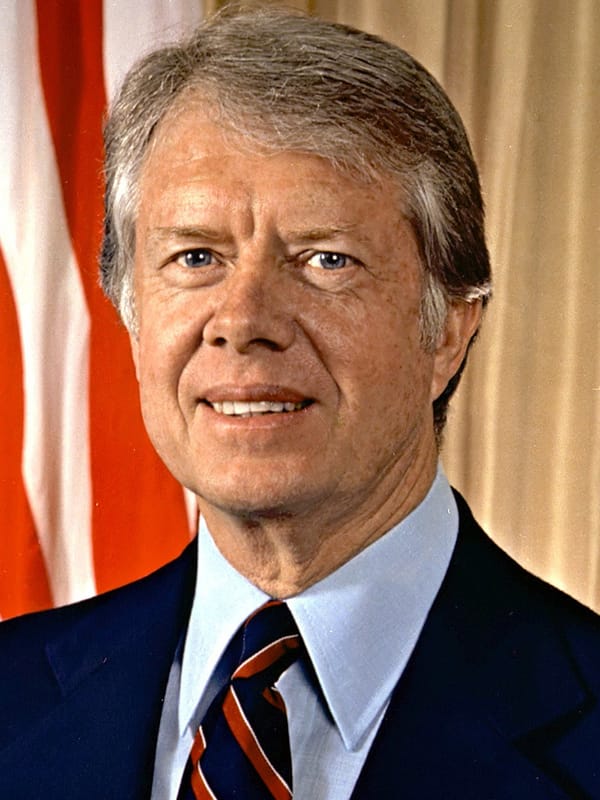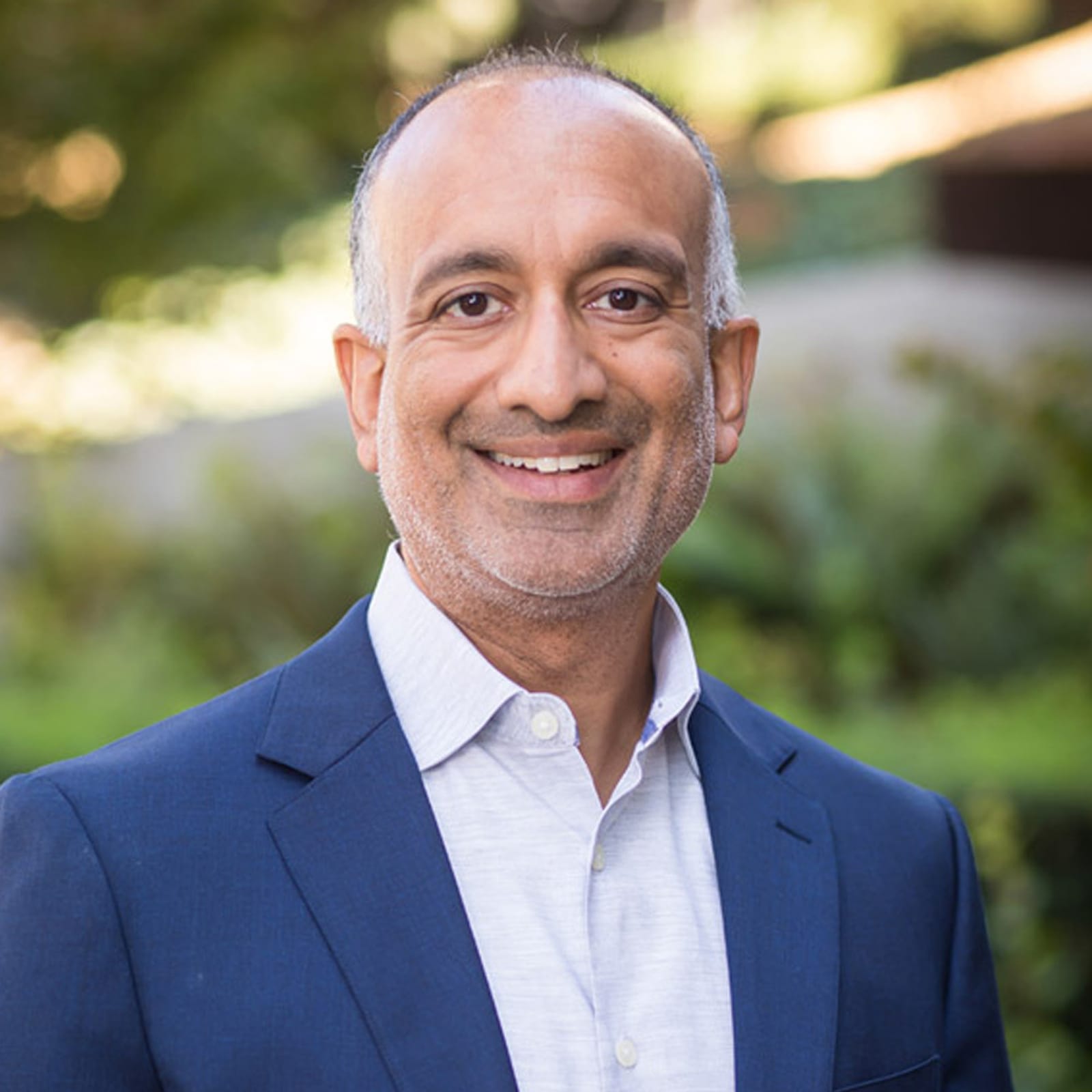- Courage Prize Recipient, 2007

- Courage Prize Recipient, 2007
For more than a quarter of a century, Jimmy Carter has leveraged the prestige and influence he earned as the 39th President of the United States to carry out his celebrated commitment to peace, human rights, environmental quality, freedom, and democracy. As First Citizen, Jimmy Carter has consistently defended the public interest and acted on his passion for social justice. The Ridenhour judges are honoring Jimmy Carter for the courage and leadership he has displayed in speaking out on difficult and controversial questions throughout his distinguished public career.
President Carter has promoted non-violent conflict resolution, bringing opposing parties around the world to the negotiating table. Through the Carter Center, which he founded in 1982, he has engaged in mediation in countries ranging from Ethopia, Eritrea, North Korea, Liberia, Haiti, and Bosnia, to Sudan, Uganda, and Venezuela. Also under the auspices of the Carter Center, he has promoted free and honest voting throughout the world, having led 67 election-monitoring delegations to elections in the Americas, Africa, and Asia since 1989.
President Carter has also focused on “diseases that no one else really cares about much, or knows about” that affect “the poorest, most destitute, forgotten and needy people on Earth.” One outcome: Guinea worm, a preventable parasitic disease which causes worms, some up to three feet in length, to emerge through painful blisters in the skin, is now on the verge of being eradicated, largely through the work of the Carter Center.
He and his wife Rosalynn volunteer one week each year with Habitat for Humanity, a nonprofit organization that helps needy people in the United States and in other countries renovate and build homes for themselves. Habitat’s Jimmy Carter Work Projects, as the weeks are called, have resulted in homes for more than 10,000 people around the world.
President Carter, 82, is University Distinguished Professor of History at Emory University and author of 21 books, most recently Our Endangered Values: America’s Moral Crisis (2005) and Palestine Peace Not Apartheid (2006). He was awarded the 2002 Nobel Peace Prize “for his decades of untiring effort to find peaceful solutions to international conflicts, to advance democracy and human rights, and to promote economic and social development.”
More 2007 Prize Winners
One Bold Move, Countless Lives: Empowering Humanity, Changing the World.

